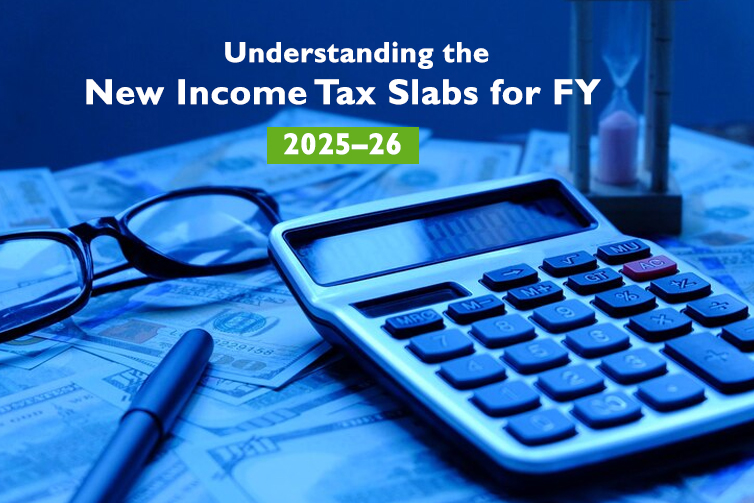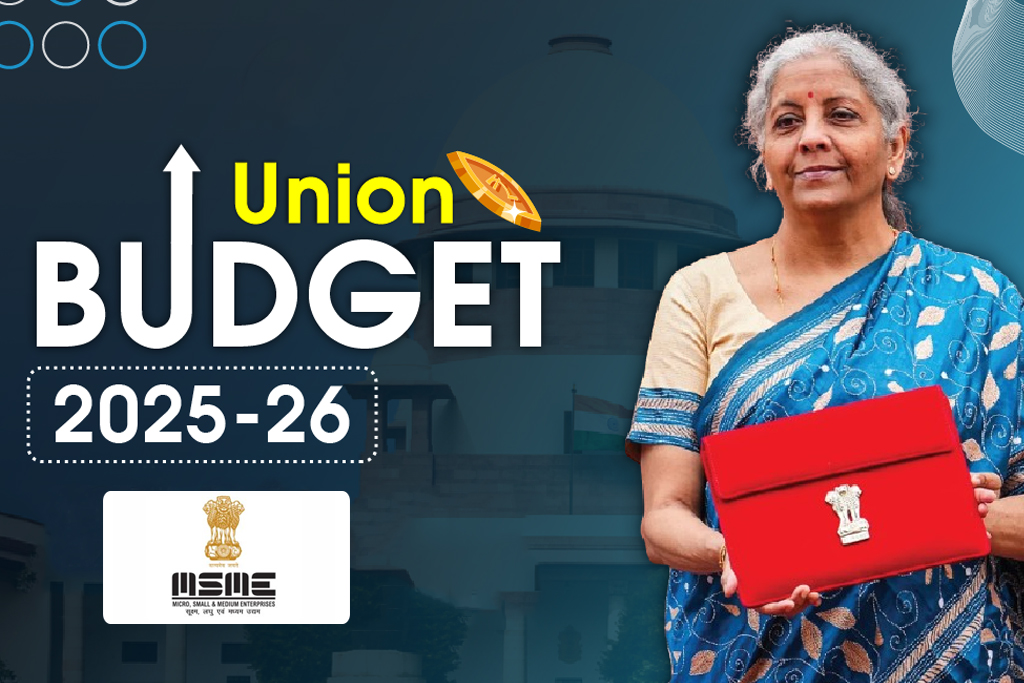Understanding the New Income Tax Slabs for FY 2025–26
Introduction
The Union Budget 2025 has introduced significant changes to India's income tax structure, aiming to simplify compliance and enhance disposable income for taxpayers. These revisions, effective from April 1, 2025, impact both individuals and businesses. Let's delve into the new income tax slabs and understand their implications.
Revised Income Tax Slabs for FY 2025–26
Under the new tax regime, the income tax slabs have been adjusted as follows:
|
Income Range (₹) |
Tax Rate |
|
Up to ₹4,00,000 |
0% |
|
₹4,00,001 – ₹8,00,000 |
5% |
|
₹8,00,001 – ₹12,00,000 |
10% |
|
₹12,00,001 – ₹16,00,000 |
15% |
|
₹16,00,001 – ₹20,00,000 |
20% |
|
₹20,00,001 – ₹24,00,000 |
25% |
|
Above ₹24,00,000 |
30% |
This structure aims to provide greater tax relief, especially for middle-income earners.
Key Highlights of the New Tax Regime
- Increased Basic Exemption Limit:
The basic exemption limit has been raised to ₹4,00,000, allowing individuals with income up to this threshold to pay no income tax. - Enhanced Rebate Under Section 87A:
The tax rebate under Section 87A has been increased to ₹60,000. This means individuals with a net taxable income of up to ₹12,00,000 will not pay any income tax. - Standard Deduction:
A standard deduction of ₹75,000 is available for salaried individuals, further reducing taxable income. - Simplified Tax Filing:
The new regime eliminates the need for various exemptions and deductions, streamlining the tax filing process.
Impact on Businesses
While the budget primarily focuses on individual taxpayers, businesses can benefit from:
- Simplified Compliance:
Reduced complexity in tax calculations can lead to lower compliance costs. - Increased Consumer Spending:
With higher disposable income, consumer spending is expected to rise, potentially boosting demand for goods and services.
Conclusion
The revised income tax slabs for FY 2025–26 present an opportunity for taxpayers to optimize their tax planning. It's essential to assess your income and deductions to determine the most beneficial tax regime for you. For personalized tax advice and planning, consider consulting with a tax professional.






